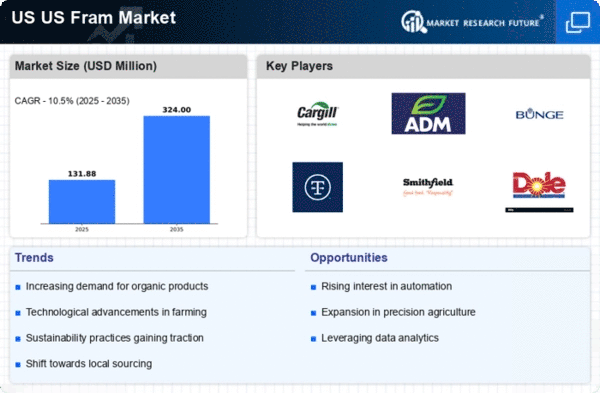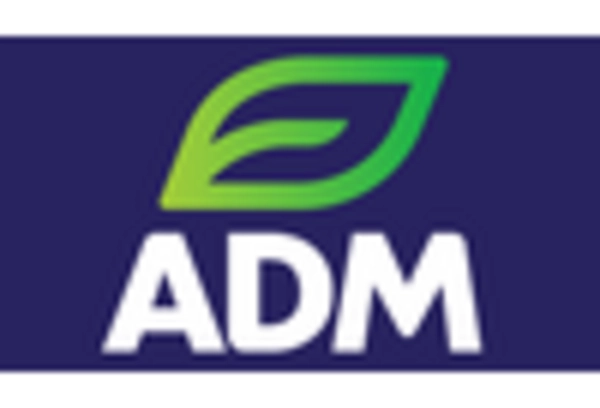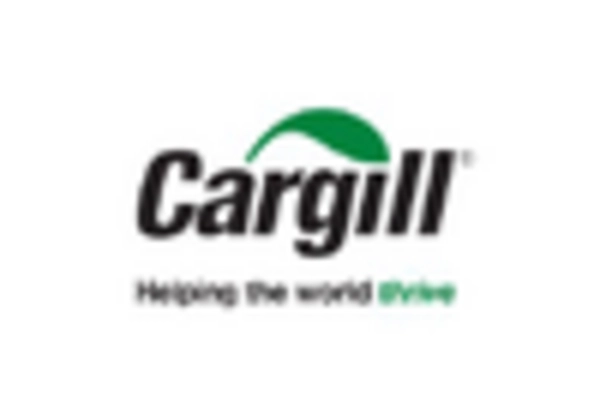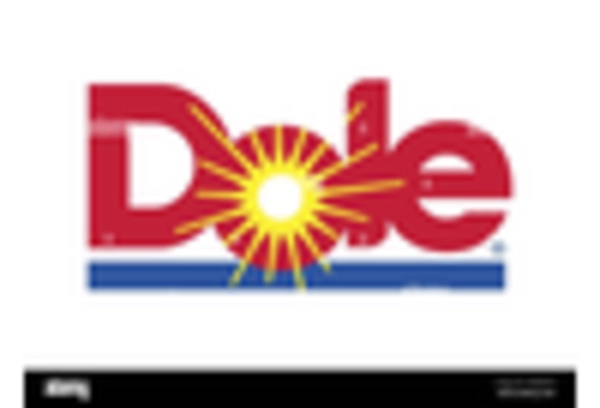Impact of E-commerce on Framing Sales
The US Fram Market is significantly influenced by the rise of e-commerce, which has transformed the way consumers purchase framing products. Online sales channels have expanded access to a broader range of framing options, allowing consumers to compare prices and styles conveniently. Recent statistics suggest that e-commerce sales in the framing sector have increased by over 30% in the last year alone. This shift is prompting traditional retailers to enhance their online presence and invest in digital marketing strategies. As e-commerce continues to grow, it is likely to reshape consumer behavior and purchasing patterns within the US Fram Market, compelling businesses to adapt accordingly.
Growing Demand for Custom Framing Solutions
The US Fram Market is witnessing a notable increase in demand for custom framing solutions. Consumers are increasingly seeking personalized options that reflect their individual tastes and preferences. This trend is supported by data indicating that custom framing sales have grown by approximately 20% over the past year. Retailers are responding by expanding their offerings to include a wider variety of materials, styles, and sizes. Additionally, the rise of online platforms has made it easier for consumers to access custom framing services, further driving market growth. This shift towards customization is likely to continue, as consumers increasingly prioritize unique and tailored products in the US Fram Market.
Regulatory Changes Affecting Framing Materials
The US Fram Market is currently navigating a landscape of regulatory changes that impact the sourcing and use of framing materials. Recent legislation aimed at promoting sustainable forestry practices is influencing how companies procure wood and other materials. Compliance with these regulations may require businesses to adapt their supply chains and sourcing strategies. Data suggests that companies that proactively align with these regulations are likely to enhance their brand reputation and appeal to environmentally conscious consumers. As these regulatory frameworks evolve, they will play a crucial role in shaping the operational practices and market dynamics within the US Fram Market.
Sustainability Initiatives in Framing Production
Sustainability initiatives are becoming increasingly prominent within the US Fram Market. As consumers become more environmentally conscious, there is a growing demand for framing products made from sustainable materials. Companies are responding by sourcing eco-friendly wood and utilizing recycled materials in their production processes. Data indicates that approximately 40% of consumers are willing to pay a premium for sustainable framing options. This trend is not only beneficial for the environment but also presents a lucrative opportunity for businesses to differentiate themselves in a competitive market. The emphasis on sustainability is likely to shape future product development and marketing strategies within the US Fram Market.
Technological Advancements in Framing Techniques
The US Fram Market is currently experiencing a surge in technological advancements that enhance framing techniques. Innovations such as automated cutting machines and digital design software are streamlining production processes, thereby increasing efficiency and reducing costs. According to recent data, the integration of these technologies has led to a 15% increase in productivity within the industry. Furthermore, the adoption of eco-friendly materials, driven by consumer demand for sustainable options, is reshaping product offerings. As a result, companies that invest in these technologies are likely to gain a competitive edge, positioning themselves favorably in the evolving US Fram Market.















